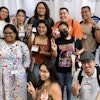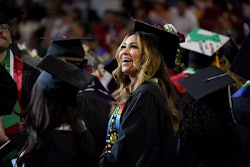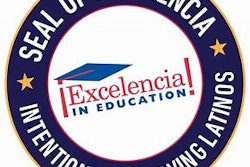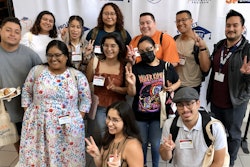With federal economic stimulus money and a new president committed to higher education, it should be a banner time for those who advocate for historically Black colleges in Washington, D.C.
But as the Obama administration makes new appointments and new leaders emerge on Capitol Hill, it’s still a time of transition in the nation’s capital. While HBCUs have a long history of advocacy in Washington, D.C., battles lie ahead to win enactment of long-term funding increases and college-friendly legislation.
In the second part of this series on key federal players for minority-serving institutions, Diverse takes a look at power players on HBCU issues. As noted in the fi rst part of this series (Diverse, Aug. 6, 2009) on power players for Hispanic-serving institutions and tribal colleges, we try to identify key individuals who infl uence policy — whether they are publicly out front or working behind the scenes. Most have considerable experience in Washington, which is often a requirement for success.
“Part of the issue is longevity,” one lobbyist says. Without some time in the trenches, “you don’t develop relationships that allow you to get things done.”
Capitol Hill
Rep. James Clyburn, D-S.C. As Majority Whip in the House of Representatives — the Democrats’ third-highest post — Clyburn plays a critical role on many major pieces of legislation. A South Carolina State University alumnus, Clyburn has steered federal dollars to HBCUs in his region. Last year, he secured $2 million for biobutanol production research at Clafl in University. This year, he helped earmark $9.9 million in a House bill to enhance science programs at the state’s HBCUs.
Rep. Danny Davis, D-Ill. The Illinois congressman co-sponsored legislation to provide federal funding to predominantly Black colleges and universities, institutions that do not qualify for HBCU status but that enroll large numbers of African-Americans.














